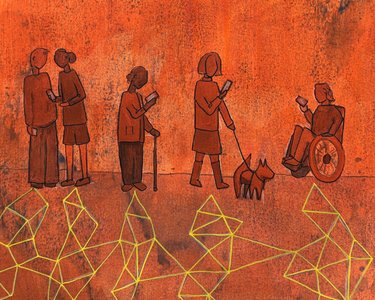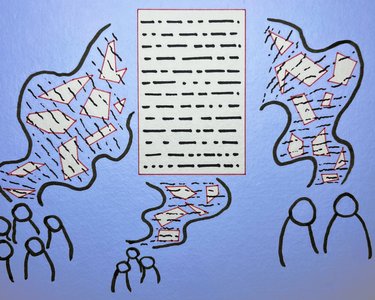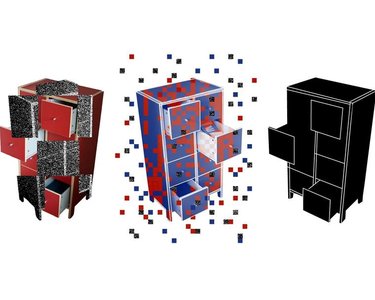
What is the innovation?
We’re working together with Elrha to deliver ‘AI Solutions for Humanitarian Challenges’ initiative. Designed to support the uptake of artificial intelligence (AI) technologies in the humanitarian sector, the initiative aims to deliver on an integrated programme of funding collaborative partnerships, capacity building, interdisciplinary research and development, stakeholder mapping, knowledge sharing, and advocacy. This will demonstrate and inform effective ways forward for the humanitarian sector.
How will this be achieved?
The initiative will conduct foundational research to map potential AI applications across the phases of humanitarian response and identify opportunities, risks, and barriers to AI adoption. The initiative will also develop a learning journey that provides technical expertise and capacity strengthening to grantees, ensuring they are equipped to utilise AI solutions effectively and responsibly. Developed with a small cohort, the learning will be made available for the wider humanitarian community.
The data logic within the initiative is grounded in comprehensive mapping and research that combine document reviews, expert consultations, and practical experiences. It involves a systematic approach to identifying and evaluating the acceptability, feasibility, cost-effectiveness, and risk mitigation of potential AI applications within the humanitarian sector. This ensures that the data used and generated is of high quality, relevant, and securely managed to support AI implementation effectively.
What are the outcomes?
- A series of AI related scenarios developed to address specific humanitarian challenges identified during the foundational research phase.
- A strengthened capacity of humanitarian organisations in AI adoption through tailored training programs and support.
- A comprehensive report detailing the potential, challenges, and ethical considerations of AI in the humanitarian sector.
- Increased collaboration and knowledge sharing among stakeholders in the humanitarian and AI sectors, leading to more informed and effective responses to humanitarian crises.
Working in partnership
Partners include academic and technical experts from University College London and other global institutions. Each partner brings a unique set of skills and resources:
- UCL Consultants: Provide overall support to the initiative.
- UCL Centre for Humanitarianism and Social Inclusion: Professor Maria Kett will provide overall leadership, technical expertise and research capacity around humanitarian policy, and practice, supported by Dr James Smith.
- UCLIC: Professor Catherine Holloway and Dr Tigmanshu Bhatnagar will provide technical expertise and research capacity, particularly around AI.
They are partnering with Dr Davor Orlic, International Artificial Intelligence Research Centre (IRCAI); Dr Stephen Moore, University of Cape Coast (Ghana), Olubayo Adekanmbi and colleagues from the Data Scientists Network Foundation (Nigeria), and Dr Pratisthit Lal Shrestha, Kathmandu University (Nepal).
The team are supported by an advisory group made of leading experts in the fields of AI and humanitarianism. These include Professor John Shawe-Taylor (Chair of Computational Statistics and Machine Learning; Director of the Centre for Computational Statistics; and UNESCO Chair in Artificial Intelligence); Dr Victoria Austin (UCLIC) and Andrej Verity (AI Transformation Lead at UN OCHA).
Get in touch
Please contact us if you would like to find out more about the development of this work.


